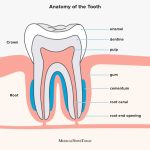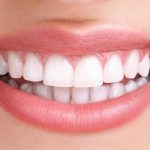Protect Your Teeth: Learn How to Enjoy Sweets without Causing Dental Damage

Maintaining good oral hygiene is essential for overall health and well-being. One of the most common concerns people have is how to enjoy sweets without causing dental damage. While sugar is often considered the main culprit for tooth decay, the truth is that it is not the only factor. Several other factors, such as acidic foods and poor oral hygiene, can also contribute to dental problems. Therefore, it is essential to be aware of the impact of sugary treats on your teeth and take measures to protect them. One of the best ways to enjoy sweets without causing dental damage is to practice moderation. Consuming sugary treats in moderation can significantly reduce the risk of dental problems. Additionally, it is crucial to maintain good oral hygiene habits such as brushing twice a day, flossing regularly, and visiting the dentist for routine check-ups. In this article, we will discuss some effective tips and techniques to help you protect your teeth while enjoying your favorite sweets. So, whether you have a sweet tooth or simply want to maintain a healthy smile, read on to learn more about how to protect your teeth against dental damage caused by sugary treats.
Oral health plays a crucial role in maintaining overall physical well-being. Poor dental hygiene may lead to several dental problems such as gum disease, tooth decay, and bad breath, which can impact a person’s quality of life. Regular brushing and flossing, along with a balanced diet, can promote strong teeth and gums. One must also avoid consuming excessive sugary and acidic foods and drinks as they can erode the enamel and cause cavities. A healthy mouth can boost confidence, promote good speech and digestion, and even reduce the risk of other health conditions. Therefore, it is essential to prioritize dental health and maintain a consistent oral hygiene routine.
Consuming too much sugar can have several negative effects on our health, including tooth decay, obesity, and diabetes. When we eat foods high in sugar, the bacteria in our mouth feeds on it and produces acid, which can erode our tooth enamel and lead to cavities. Additionally, sugar is a source of empty calories, meaning it provides no nutritional value and can contribute to weight gain and other health issues. A diet high in sugar has also been linked to an increased risk of developing type 2 diabetes, as it can cause insulin resistance and impaired glucose tolerance. Therefore, it is important to limit our sugar intake and practice good oral hygiene to maintain healthy teeth and overall health.
Understanding the Effects of Sugar on Teeth
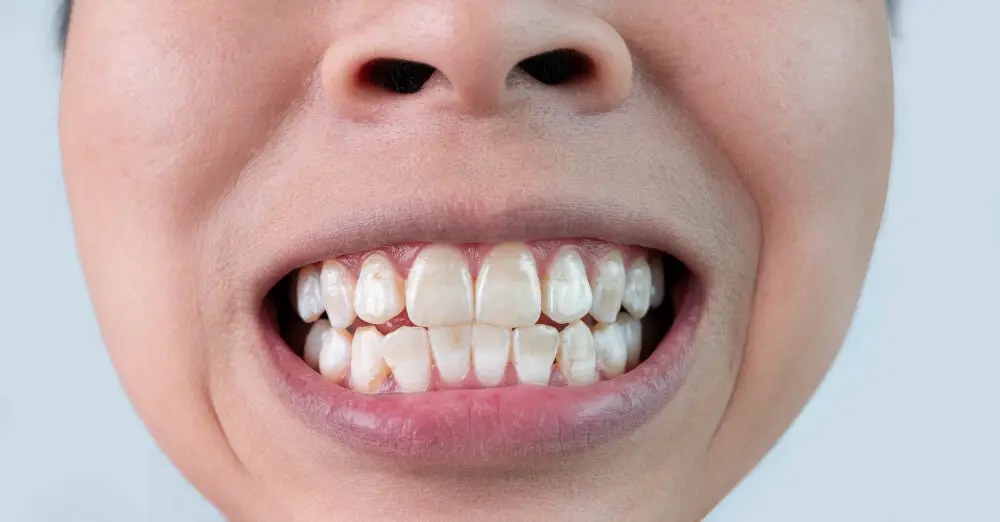
Sugar is a major culprit when it comes to causing dental damage. Sugary foods and drinks create a breeding ground for bacteria in your mouth, leading to plaque buildup and tooth decay. When you consume sugar, it reacts with the bacteria in your mouth to form an acid that attacks the enamel of your teeth. The acid produced by bacteria can demineralize the enamel of your teeth, making it weak and prone to cavities. Over time, if left untreated, tooth decay can lead to tooth loss and other oral health problems. Therefore, it is essential to understand the effects of sugar on teeth to protect your oral health. It is not just the amount of sugar that you consume, but also the frequency that matters. When you consume sugary foods and drinks frequently throughout the day, it can increase the exposure of your teeth to acid, leading to more damage. Sticky candies and sugary drinks are particularly harmful as they tend to cling to your teeth, creating a prolonged exposure to sugar and acid. Therefore, it is important to limit your intake of sugary foods and drinks and to brush your teeth after consuming them. Additionally, regular dental checkups and cleanings can help identify and prevent dental damage caused by sugar. By understanding the effects of sugar on teeth and taking preventive measures, you can enjoy sweets without causing dental damage.
Sugar is a major culprit in causing dental damage. When we consume sugary foods and drinks, the bacteria in our mouth feed on the sugar and produce acids that erode the tooth enamel, leading to tooth decay and cavities. This process is accelerated when we consume sugary substances frequently or fail to properly clean our teeth afterward. The acid produced by the bacteria can also cause inflammation and gum disease, further compromising our oral health. Therefore, it is crucial to limit our sugar intake and practice good oral hygiene to protect our teeth and maintain a healthy smile.
Cavities are formed when bacteria in the mouth produce acid that wears away tooth enamel, leaving holes or decay in the tooth. Sugar plays a significant role in this process because it provides food for the bacteria. When we consume sugary foods or drinks, the bacteria in our mouth break down the sugar and produce acid as a byproduct. This acid then attacks the tooth enamel, leading to cavities over time. It’s important to note that it’s not just the amount of sugar that we consume but also how often we consume it that can contribute to the formation of cavities. By reducing our sugar intake and practicing good oral hygiene habits, we can protect our teeth from damage.
Tips for Enjoying Sweets without Harming Teeth

Indulging in sweets can be a delightful experience, but it can also lead to dental damage. It is important to note that excessive sugar consumption can cause tooth decay, which can lead to cavities, gum disease, and other oral health problems. However, with proper care and attention, you can enjoy your favorite sweets without harming your teeth. One of the best tips for enjoying sweets without harming your teeth is to limit your sugar intake and consume sweets in moderation. This means that you should avoid consuming sugary snacks and drinks throughout the day and instead enjoy them as part of your meals. Another tip to protect your teeth while enjoying sweets is to brush and floss regularly. Brushing your teeth twice a day and flossing once a day can help remove any food particles and bacteria that may be lingering in your mouth. Additionally, it is recommended to rinse your mouth with water after consuming sugary snacks and drinks to help wash away any excess sugar and acid. You can also consider using fluoride mouthwash to strengthen your teeth and prevent tooth decay. By following these tips, you can enjoy your favorite sweets without harming your teeth and maintain good oral health.
For those looking to reduce their sugar intake and protect their teeth from damage, there are several alternative sweeteners to consider. Stevia, for example, is a natural sweetener derived from the leaves of the stevia plant and has zero calories. Another option is xylitol, a sugar alcohol that is low in calories and has been shown to have dental benefits. Monk fruit extract is another natural sweetener that is low in calories and has been used for centuries in traditional Chinese medicine. These sweeteners can be used in place of sugar in a variety of foods and drinks, and can help satisfy a sweet tooth while also promoting better dental health.
Sweets are undoubtedly delicious and satisfying, but overindulging in them can lead to dental problems. However, consuming sweets in moderation can help prevent tooth decay and other oral health issues. One way to do this is to limit the frequency of consumption and the amount consumed at any given time. Another strategy is to choose sweets that are less harmful to teeth, such as those that dissolve quickly or those that are not sticky. Additionally, rinsing the mouth with water after eating sweets can help wash away any leftover sugar and prevent it from sticking to teeth. By practicing moderation and making smart choices, it is possible to enjoy sweets without causing dental damage.
Maintaining good dental hygiene is essential for keeping healthy teeth and gums. Brushing twice a day with fluoride toothpaste, flossing daily, and using mouthwash can help remove plaque and prevent cavities. Additionally, limiting sugary and acidic foods and beverages, such as candy and soda, can reduce the risk of tooth decay. Chewing sugar-free gum after meals can also help stimulate saliva production, which neutralizes acid and helps wash away food particles. Regular dental checkups and cleanings are also important for detecting and treating any potential dental issues before they become more serious problems. By following these simple tips, you can protect your teeth and enjoy sweets without causing dental damage.
Foods That Can Help Protect Teeth
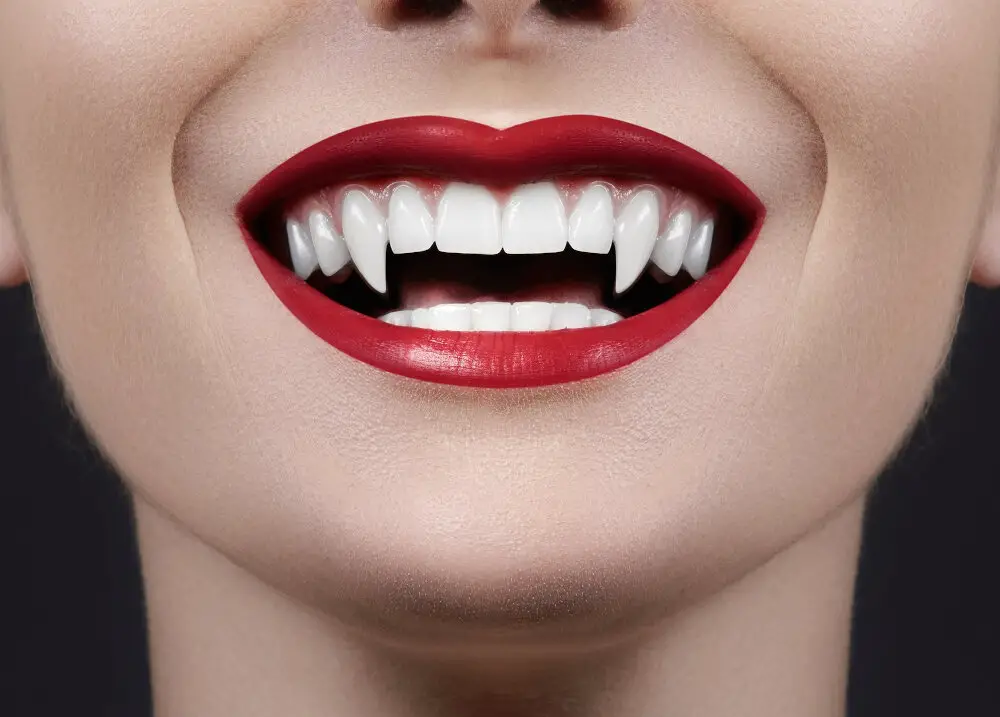
Maintaining good oral hygiene is essential for healthy teeth, but did you know that certain foods can also help protect your teeth? Incorporating foods high in calcium and phosphorus such as milk, cheese, and yogurt into your diet can help strengthen your tooth enamel. These foods also help neutralize acid in the mouth, which can lead to tooth decay. Additionally, crunchy fruits and vegetables like apples and carrots can help scrape away plaque and stimulate saliva production, which helps maintain a healthy pH balance in the mouth. Another food group that can benefit your teeth is probiotics. Probiotics are good bacteria that are found in fermented foods like yogurt, kefir, and sauerkraut. These bacteria can help reduce inflammation in the mouth and prevent the growth of harmful bacteria that can lead to cavities and gum disease. Lastly, green tea contains compounds that can help prevent bacteria from sticking to the teeth and forming plaque. Drinking green tea regularly can also reduce inflammation and improve overall oral health. By incorporating these tooth-friendly foods into your diet, you can help protect your teeth and enjoy sweets without causing dental damage.
Certain foods can play a crucial role in promoting dental health. For instance, foods that are rich in calcium and phosphorous, such as cheese, milk, and yogurt, can help to strengthen and protect tooth enamel. Additionally, crunchy fruits and vegetables that are high in fiber, like apples and carrots, can help to stimulate saliva production and scrub away plaque from the teeth. Foods that are high in antioxidants, like green tea and berries, can also help to prevent inflammation in the gums and reduce the risk of gum disease. By incorporating these foods into your diet, you can enjoy a healthy and beautiful smile for years to come.
When it comes to protecting our teeth, some foods are more helpful than others. Foods that are high in calcium and phosphorus, such as cheese, milk, and yogurt, can help strengthen tooth enamel and prevent decay. Crunchy fruits and vegetables, like apples and carrots, can also be beneficial as they help to clean teeth and stimulate saliva production, which neutralizes harmful acids in the mouth. Foods that are high in vitamin C, like citrus fruits and strawberries, can help to strengthen gum tissue, while those that are high in antioxidants, such as green tea and dark chocolate, can help to fight off bacteria and reduce inflammation in the gums. By incorporating these foods into your diet, you can help to protect your teeth and enjoy sweets without causing dental damage.
The Role of Dental Care Professionals in Protecting Teeth
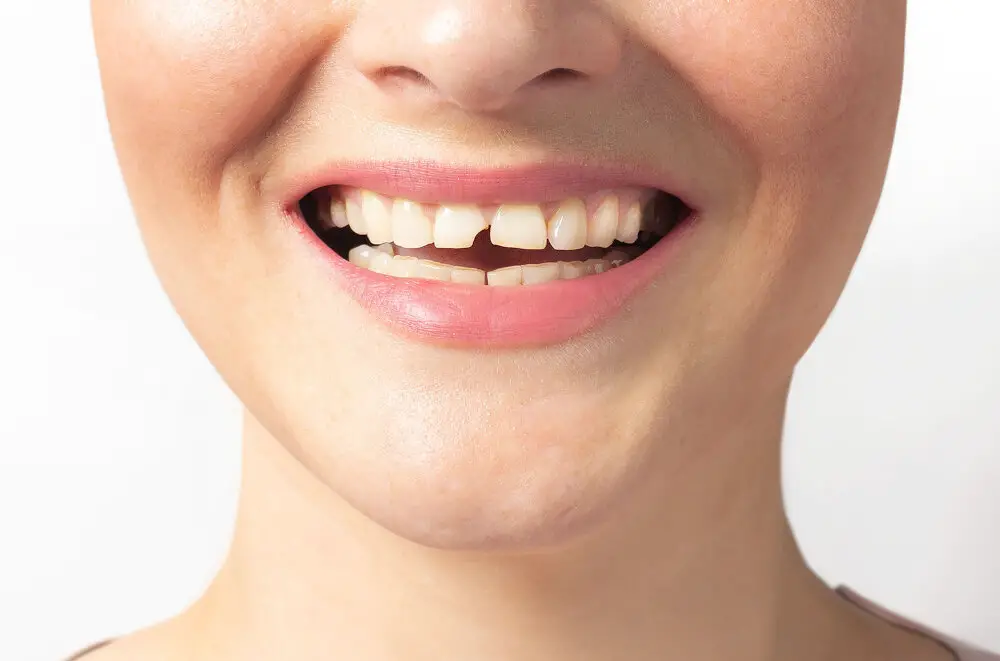
Dental care professionals play a crucial role in protecting teeth from damage caused by sweets and other harmful substances. They are trained to diagnose and treat various dental conditions, including cavities, gum disease, and tooth decay. Through regular checkups, dental hygienists and dentists can help identify early signs of dental problems, prevent further damage, and provide appropriate treatment. They can also educate patients on proper oral hygiene practices, such as brushing and flossing, and offer recommendations on healthy dietary habits to maintain strong and healthy teeth. In addition to preventive care, dental care professionals can also offer restorative treatments to repair damaged teeth caused by sweet consumption. For example, they may recommend fillings, crowns, or root canal therapy to treat cavities or tooth decay. They can also provide cosmetic dentistry procedures, such as teeth whitening or veneers, to enhance the appearance of teeth damaged by sugary foods and drinks. By working closely with dental care professionals, individuals can protect their teeth and maintain optimal oral health, even while indulging in their favorite sweets and treats.
Dental professionals play a crucial role in maintaining good dental health by providing preventive and curative care to their patients. They are responsible for educating the public on various dental hygiene practices such as brushing, flossing, and regular dental checkups. Moreover, they provide treatments such as scaling and polishing, fillings, extractions, and root canal therapy to treat dental problems. Dental professionals also offer advice on nutrition, lifestyle, and habits that can affect dental health, such as smoking and excessive sugar consumption. By working closely with their patients, dental professionals help prevent dental problems and promote good oral health, which is essential in maintaining overall health and well-being.
Regular dental checkups are crucial for maintaining good oral health. These checkups can detect problems such as cavities, gum disease, and oral cancer early on, before they become more serious and difficult to treat. Additionally, dental cleanings performed during these checkups can help remove built-up plaque and tartar that brushing and flossing alone cannot remove. By attending regular dental checkups, patients can also receive personalized advice on how to improve their oral hygiene routine and prevent future dental issues. Overall, regular dental checkups are an essential part of maintaining a healthy and happy smile.
It’s no secret that teeth are a vital part of our overall health and well-being. They play a crucial role in our ability to chew, speak, and smile with confidence. However, many of us take our teeth for granted and fail to realize the importance of protecting them. Poor dental hygiene can lead to a variety of issues such as cavities, gum disease, and tooth loss. The good news is that by adopting good oral hygiene habits, such as regular brushing and flossing, avoiding sugary foods and drinks, and visiting the dentist regularly, we can keep our teeth healthy and strong for years to come. So, don’t forget to prioritize your dental health and protect your teeth from damage!
In conclusion, maintaining good dental health is crucial for overall well-being. It is important to limit the consumption of sugary foods and drinks, brush and floss regularly, and schedule regular dental check-ups. Additionally, incorporating foods rich in calcium and vitamin D, such as milk, yogurt, and leafy greens, can help strengthen teeth and promote healthy gums. Drinking plenty of water throughout the day can also help flush out harmful bacteria and prevent dry mouth. By following these simple steps, you can enjoy sweets without causing damage to your teeth and maintain a healthy and beautiful smile for years to come.
Conclusion

In conclusion, protecting our teeth is crucial for maintaining good oral health and preventing dental damage. While sweets and sugary foods can be tempting, it is important to consume them in moderation and take necessary precautions to minimize their harmful effects. By practicing good oral hygiene habits, such as brushing and flossing regularly, and incorporating foods that promote dental health into our diets, we can enjoy our favorite treats without compromising our teeth. Additionally, seeking professional dental care and advice can help us identify potential dental issues and take proactive measures to preserve our teeth and overall oral health. Remember, a little bit of self-discipline can go a long way in maintaining a healthy and beautiful smile for years to come.



